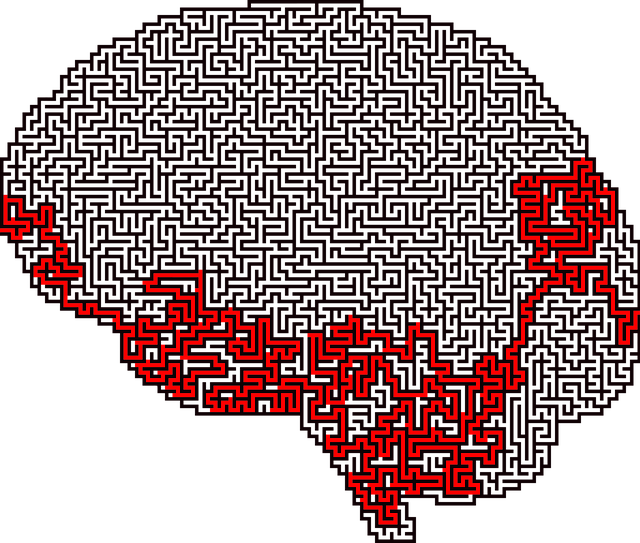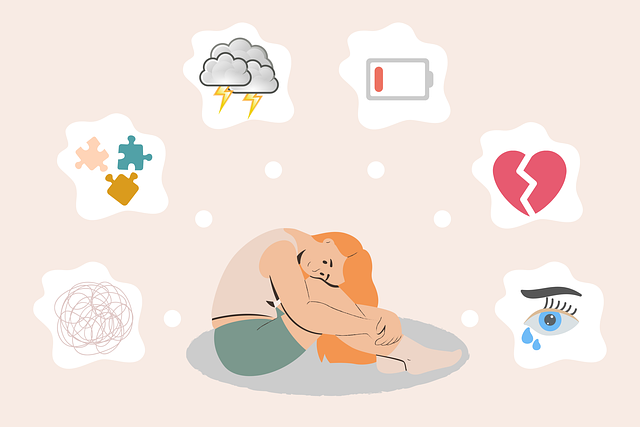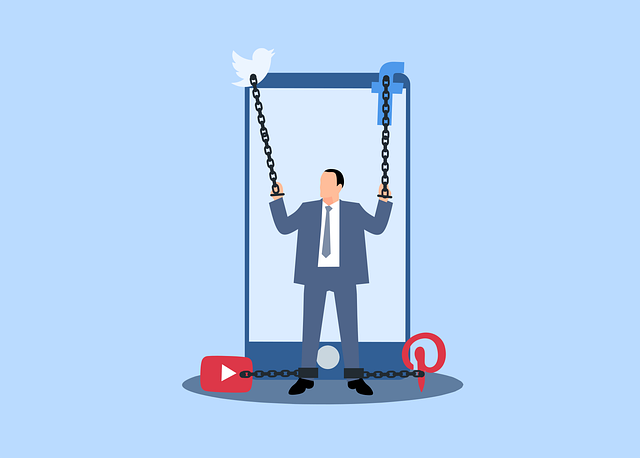Mental health issues among adolescent teens are increasingly impacted by global divorce rates, requiring a multi-faceted approach including therapy and mental wellness apps. These apps, leveraging evidence-based practices like CBT and mindfulness, offer accessible, discreet support for stress management and emotional processing. Targeted features cater to divorce-specific challenges, fostering resilience and self-care while ensuring user safety through robust data privacy measures and ethical practices.
Mental wellness app development has emerged as a powerful tool to address pressing concerns in adolescent teen mental health, particularly in the context of divorce. As divorce rates rise, so does the need for accessible therapy solutions. This article explores the critical role technology plays in supporting vulnerable teens through app-based interventions. We delve into designing effective features while prioritizing user privacy, ensuring these tools foster healing and growth among adolescents navigating family transitions.
- Understanding Adolescent Teen Mental Health and Divorce: A Growing Concern
- The Role of Technology: Developing Apps for Accessible Therapy
- Designing Effective Features and Ensuring Privacy for Vulnerable Users
Understanding Adolescent Teen Mental Health and Divorce: A Growing Concern

Mental health among adolescent teens is a pressing issue, with divorce emerging as a significant contributor to their psychological well-being. The divorce rate in many countries continues to rise, affecting young people in profound ways. Teens often struggle with feelings of confusion, loss, and anxiety when their parents separate or divorce. This can lead to various mental health challenges, including depression, anxiety disorders, and even suicidal thoughts.
Addressing this concern requires a multi-faceted approach. Therapy for adolescent teens facing divorce should focus on both individual coping skills development and family communication strategies. Risk management planning for mental health professionals is essential to ensure they are equipped to handle these sensitive cases. By integrating evidence-based practices and providing a supportive environment, mental wellness apps can play a crucial role in helping teens navigate this difficult period and foster resilience.
The Role of Technology: Developing Apps for Accessible Therapy

Technology plays a pivotal role in shaping the future of mental wellness, especially when it comes to making therapy more accessible and convenient for those who need it, such as adolescent teens going through divorce or other traumatic life events. Apps designed with mind over matter principles in focus offer an innovative approach to mental health support. By providing interactive tools and resources, these digital platforms enable users to manage stress, process emotions, and engage in therapeutic exercises anytime, anywhere.
This shift towards digital therapy services is significant as it removes barriers like geographical constraints and stigma, ensuring that individuals seeking trauma support can access professional guidance discretely. With features tailored for specific issues like divorce or separation, these apps cater to diverse needs, promoting self-care and resilience among adolescents facing challenging life transitions. Implementing evidence-based techniques, such as cognitive behavioral therapy (CBT) and mindfulness exercises, within user-friendly interfaces fosters an engaging environment conducive to emotional healing and overall well-being.
Designing Effective Features and Ensuring Privacy for Vulnerable Users

When developing mental wellness apps aimed at vulnerable populations like adolescent teens navigating divorce, prioritizing effective features is paramount. These apps should incorporate evidence-based therapy techniques tailored to their specific needs, such as cognitive behavioral therapy (CBT) modules and mindfulness exercises. Integrating communication strategies like secure messaging or video calls enables safe connections with therapists, fostering ongoing support and consistent care.
Privacy becomes a critical concern when dealing with sensitive user data, especially during the formative years of adolescence. Robust data encryption, anonymized user profiles, and transparent privacy policies are essential safeguards. Developers must adhere to mental health policy guidelines and advocate for ethical practices in app design, ensuring that personal information is protected while promoting emotional well-being through various engagement techniques.
Mental wellness apps offer a promising avenue to provide accessible therapy for adolescent teens dealing with divorce. By leveraging technology, these applications can help break down barriers to care and empower young individuals to manage their emotional well-being. When designed with an understanding of vulnerable users’ needs, including robust privacy measures, such apps have the potential to revolutionize support systems and improve outcomes for those navigating this challenging life transition.














